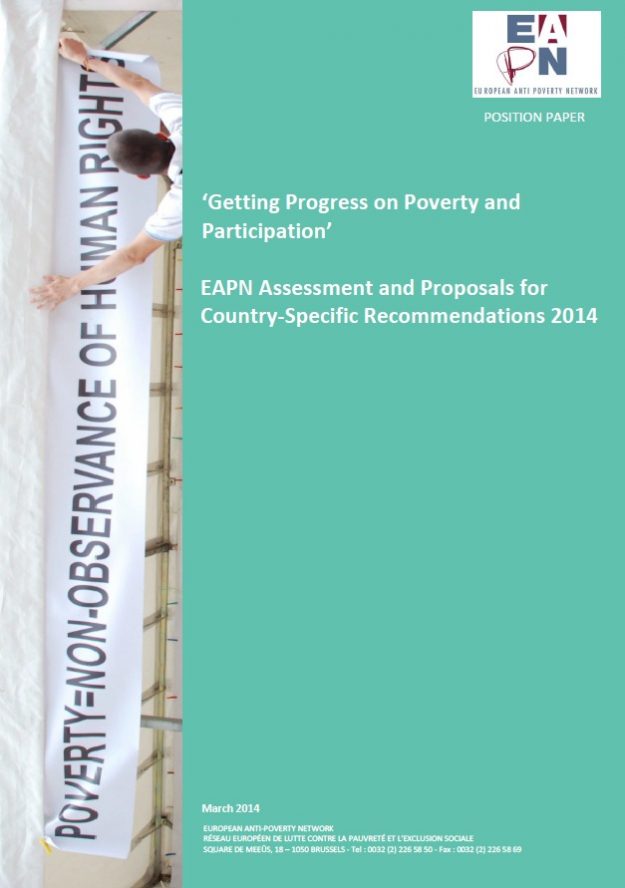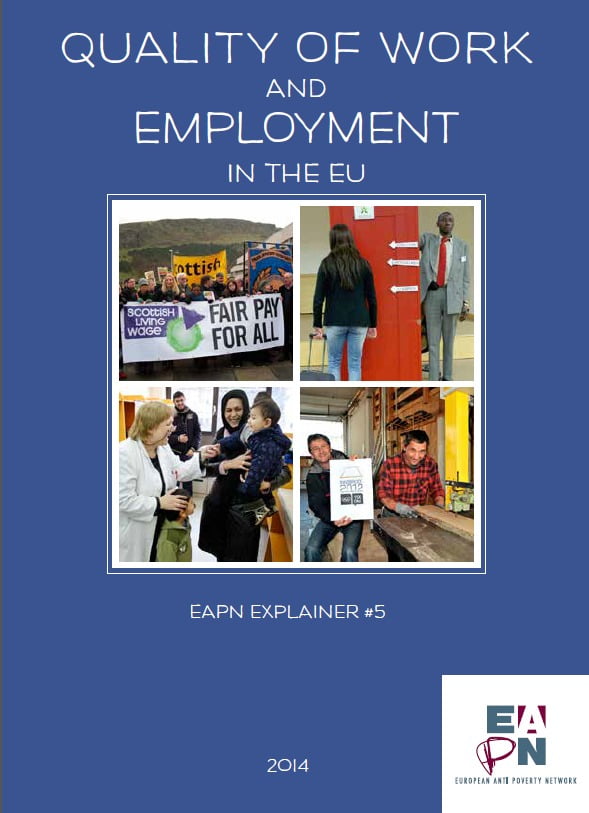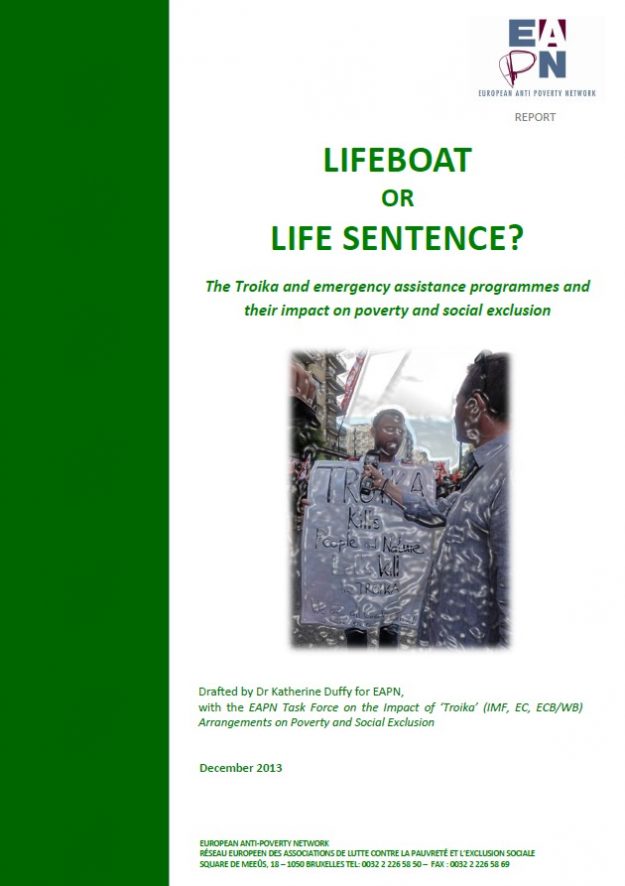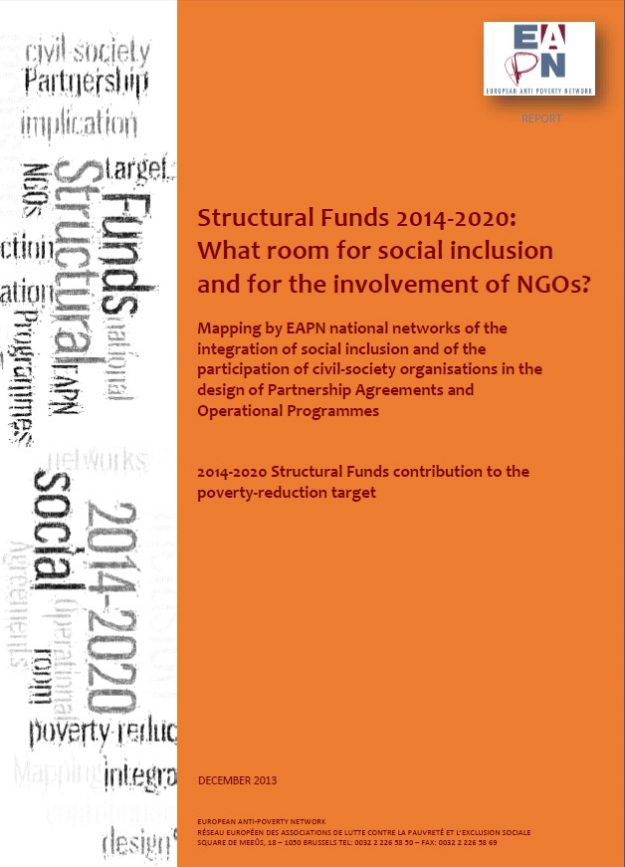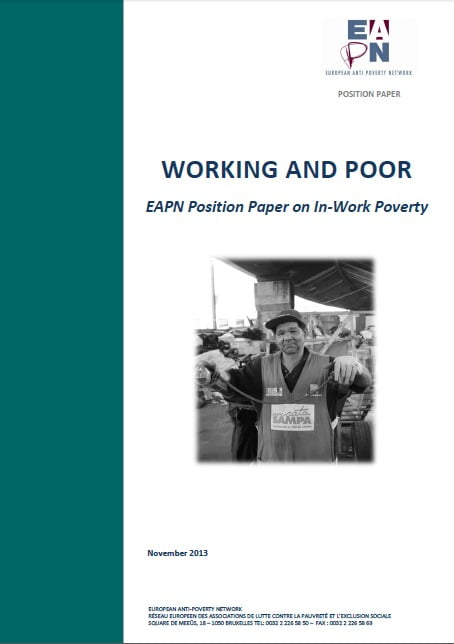EAPN releases its 10 arguments in support of Active Inclusion
18/06/2014 – Active Inclusion is a strategy developed by the European Commission in 2008 and is designed to support people of working age who are experiencing social exclusion to live a life in dignity and help them move towards a decent job or to get more confidence and skills to participate more actively in their communities. However, little progress has been made in providing an integrated comprehensive strategy for active inclusion which combines adequate minimum support, inclusive labour market with access to quality services. In this short leaflet, EAPN gives 10 indisputable arguments for an integrated active-inclusion strategy, to reduce poverty, exclusion and inequalities and to enable everyone to live a decent life and participate in society.


